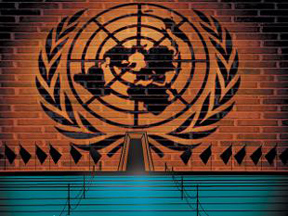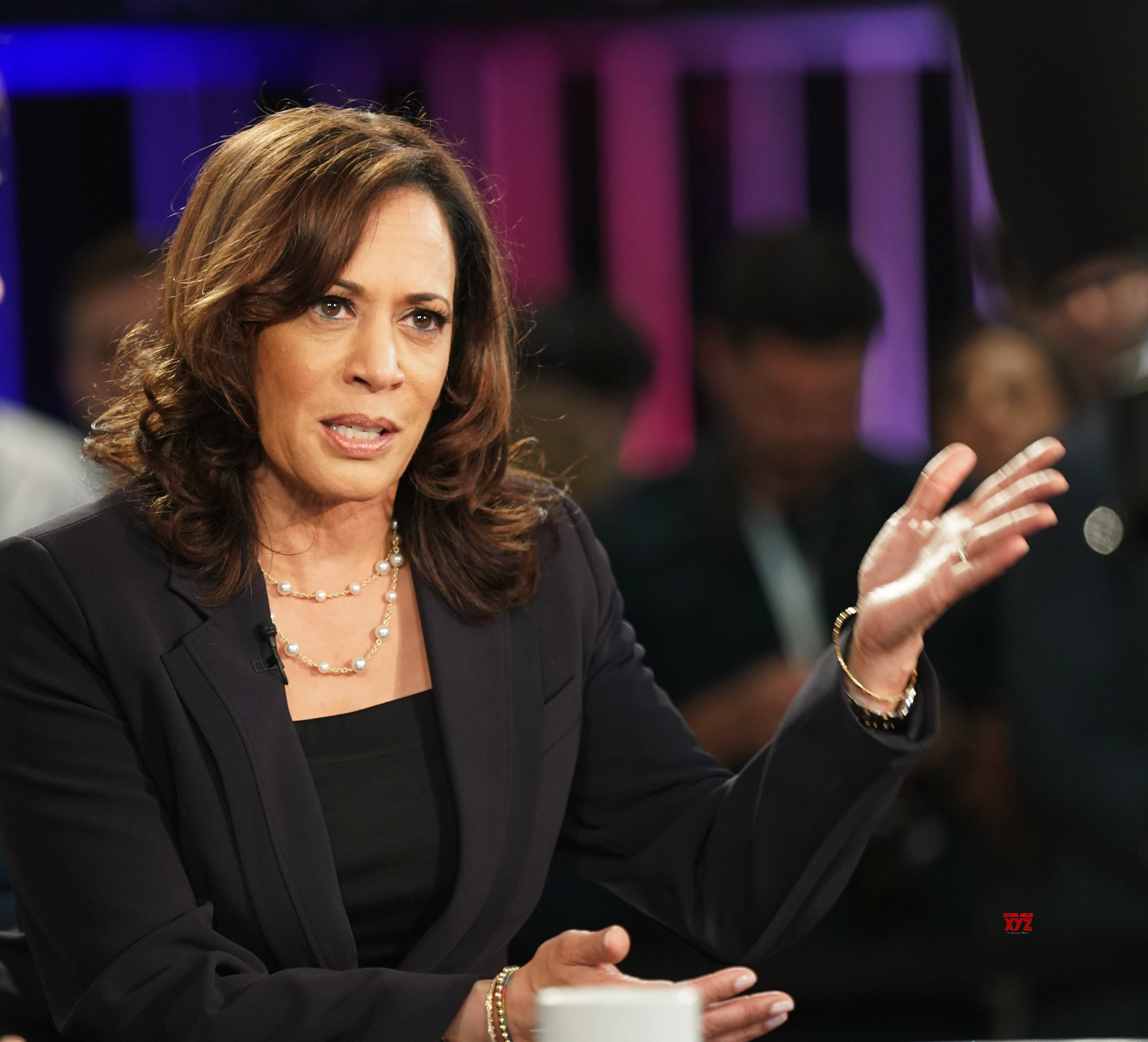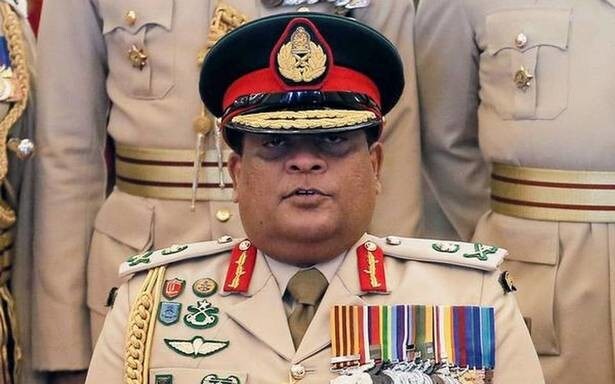 NEW YORK: Describing the composition of an unreformed UN Security Council as “anachronistic”, India has said the legitimacy of the United Nations itself will be at stake if its most powerful body is not representative of the international community.
NEW YORK: Describing the composition of an unreformed UN Security Council as “anachronistic”, India has said the legitimacy of the United Nations itself will be at stake if its most powerful body is not representative of the international community.
“The Security Council is, undoubtedly, one of the most important institutions of global governance. If its legitimacy is in doubt, then so would be the legitimacy of the United Nations. And, in fact, of the notion of global governance itself,” Speaker of Lok Sabha Sumitra Mahajan said here.
She was speaking at the second meeting of the Preparatory Committee of the Fourth World Conference of Speakers of Parliaments.
Addressing a session on ‘Key challenges to world peace and democracy’, Mahajan said the UN Security Council owes its composition to the structure that was set up in 1945.
“Is that composition still representative of the international community? The United Nations then had 51 members. The figure now is 193,” she said, adding, the United Nations of 1945 had three African members while today it has 54.
Mahajan further questioned how many permanent members of the Security Council were from Africa and what was being done to bring more legitimacy to the permanent membership of the Council.
“While improvement in working methods, or a code of conduct on use of the veto, are important, can they substitute for reform of the composition? Can improvement in working methods legitimize a structure that is not legitimate? To say that is anachronistic is only an understatement.
“We obviously do not want attention to be diverted away from the substance to what is peripheral,” she said.
She recalled that world leaders had committed themselves to the early reform of the Security Council in 2010 on the occasion of the 65th Anniversary of the United Nations, questioning, “When would early be?”
India would like UN Secretary General Ban Ki-moon to inform the international community of the contribution he intends to make for the 70th Anniversary Summit of the United Nations next year, she said.
“Will the Secretary General pronounce himself on the other two pillars of the United Nations also? Will he provide some basis for leaders to take stock of the challenges the world is facing in matters relating to peace, security and human rights and to consider ways of addressing them,” she said.
In a separate session on the theme for the Fourth World Conference of Speakers of Parliament to be held in 2015, Mahajan suggested that ‘Democratic Governance and Sustainable Development: Role of Parliaments’ could be the theme.
She said the Fourth World Conference of Speakers of Parliament next year would provide an opportunity to galvanize political will for the new global agenda.
It will be appropriate for the conference to stress on linking democratic governance with sustainable development and to define the role of parliaments in helping to achieve the goals that may come into shape in the post-2015 Development Agenda.
Stressing the linkages between the two is in keeping with the avowed objectives of the Inter-Parliamentary Union (IPU).
“Closer cooperation between the UN and IPU, envisaged to be enhanced through a new cooperation agreement to be adopted, will also help mainstream the United Nations agenda through IPU and its member Parliaments,” she said.–PTI






